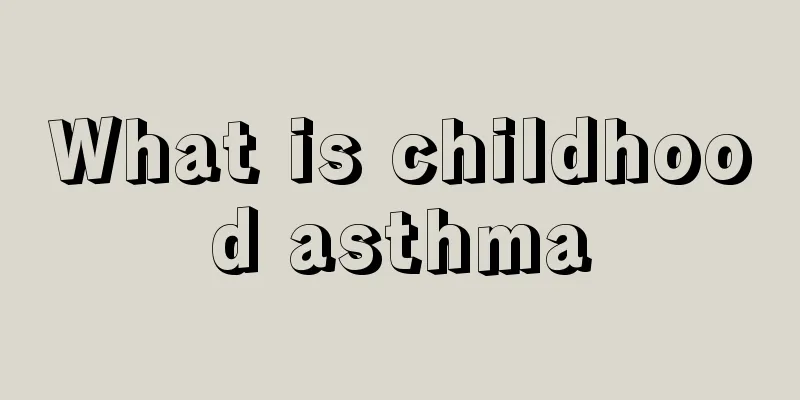7 kinds of fruits for baby's health

|
Fruit is an indispensable food in the baby's diet, but not all fruits are suitable for babies. Which kind of fruit will harm the baby? As a mother, you must know this. Pineapple Pineapple, also known as "pineapple", is rich in nutrients, contains a large amount of fructose and glucose, almost all the vitamins needed by the human body and most of the mineral salts. It tastes delicious, sweet and juicy. It has the effects of clearing away heat and relieving summer heat, promoting body fluid and quenching thirst, stimulating appetite and digestion, removing dampness and promoting urination. It is a seasonal fruit with good medical and edible properties, and is therefore loved by children.
litchi In addition to being rich in fructose, litchi pulp also contains protein, fat, vitamin C, citric acid, pectin, phosphorus, iron, etc. Litchi has special effects on nourishing blood and strengthening lungs, and has a special effect on promoting blood circulation. Therefore, litchi can be used as a food therapy to nourish the body.
apricot From a nutritional point of view, apricots are higher in calcium, phosphorus, iron and protein than other fruits, and contain more anti-cancer substances. It contains 1.79 mg of carotene per 100 grams, which is 22 times that of apples; and 7 mg of vitamin C, second only to dates and citrus.
mango Mango embodies the essence of tropical fruits and is known as the "king of tropical fruits". Mango has high nutritional value, especially high content of protein, sugar, vitamin C and carotene, which is beneficial to the baby's vision development. Mango also contains a substance called mangiferin, which has obvious anti-lipid peroxidation and brain neuron protection effects, can delay cell aging and improve brain function. Traditional Chinese medicine believes that mango has the effects of benefiting the stomach, stopping vomiting and stopping dizziness.
Mulberry Mulberries are rich in nutrients, containing large amounts of glucose, fructose, multiple vitamins and minerals such as calcium, phosphorus, iron, zinc, copper, as well as citric acid, malic acid, tannic acid, pectin and precious "anthocyanins". Anthocyanins are strong antioxidants that can accelerate the regeneration of "rhodopsin" in the retina, thereby improving visual acuity and night blindness. Traditional Chinese medicine believes that mulberries have the effects of promoting fluid production and quenching thirst, nourishing the heart and improving intelligence, replenishing blood and nourishing yin, and moistening the intestines. Therefore, mulberry is an excellent fruit that can be eaten or used as medicine. banana Bananas are high in potassium, which is good for children's heart and muscle development. melon It is high in vitamin A and C and is an ideal food for vitamin supplementation. |
<<: Six types of seasonings to remove the fishy smell from children's food
>>: The child has difficulty concentrating
Recommend
What is the reason why the baby's belly rises and falls when sleeping?
In daily life, many parents will find that their ...
What to do if children's tonsils are repeatedly inflamed and suppurated
Tonsillitis in children is a common disease. When...
Can children eat eight hundred lights?
Phytosanitary medicine is a very common and impor...
Seven things that ancient parents should not blame their children for
1. Don’t blame in public: Don’t blame your child ...
What to do if your child's foot turns inward
It is very common for children to have inverted f...
What kind of facial mask is suitable for teenagers
In the process of growth and development, there a...
What are the symptoms of zinc deficiency in one-year-old babies?
We all know that zinc deficiency will affect the ...
Premature baby limb twitching
The reason why women need to be extra careful in ...
At what age is it normal for girls to develop
The development of girls has always been a concer...
Treatment of viral myocarditis in children: these measures must be understood
If viral myocarditis occurs in a child, parents m...
Six month old baby with diarrhea
The baby's health is the most important thing...
What to do if a 4-year-old baby has poor resistance
We know that the baby's vital organs are not ...
Is patent ductus arteriosus easy to treat? What is the detection method?
Patent ductus arteriosus is a very rare disease i...
What to do if your child has white pus in his throat
What disease causes white pus in children's t...
What to do if your baby has high muscle tension in his limbs
Every baby is the continuation of the lives of hi...









